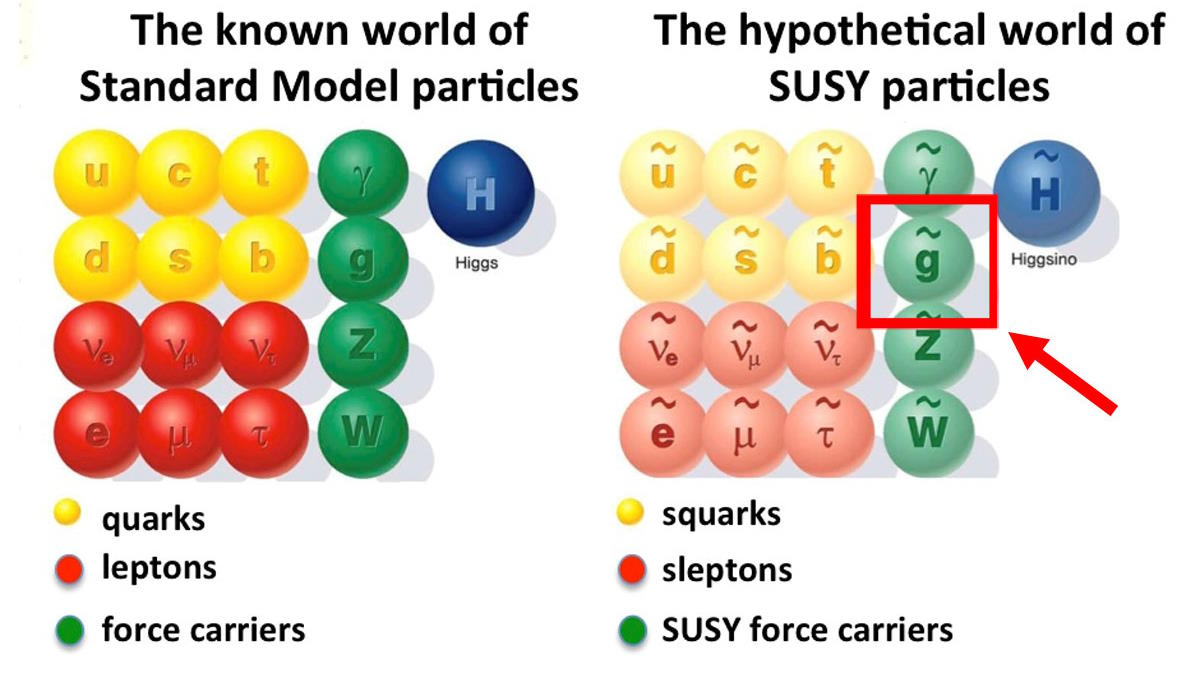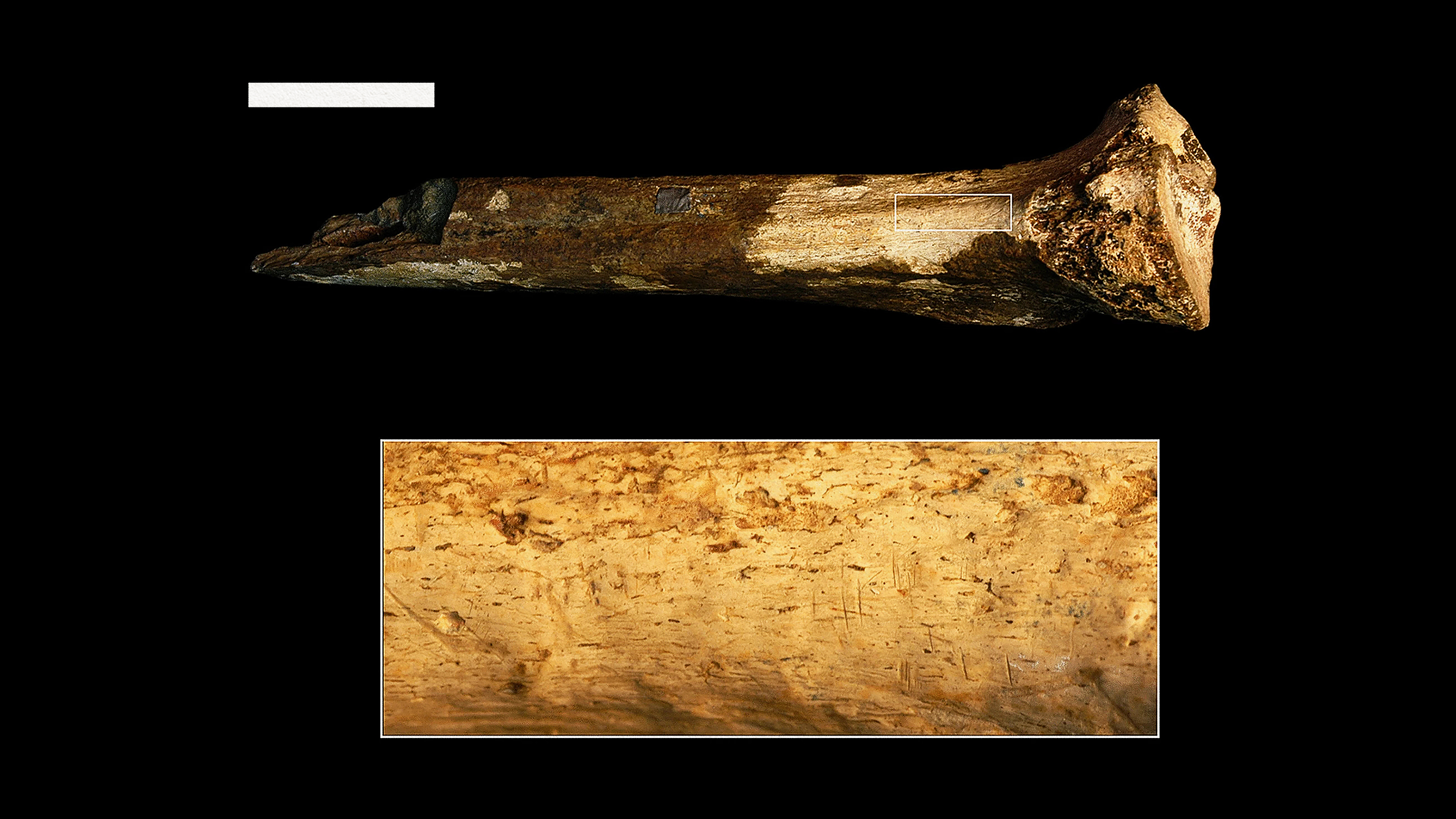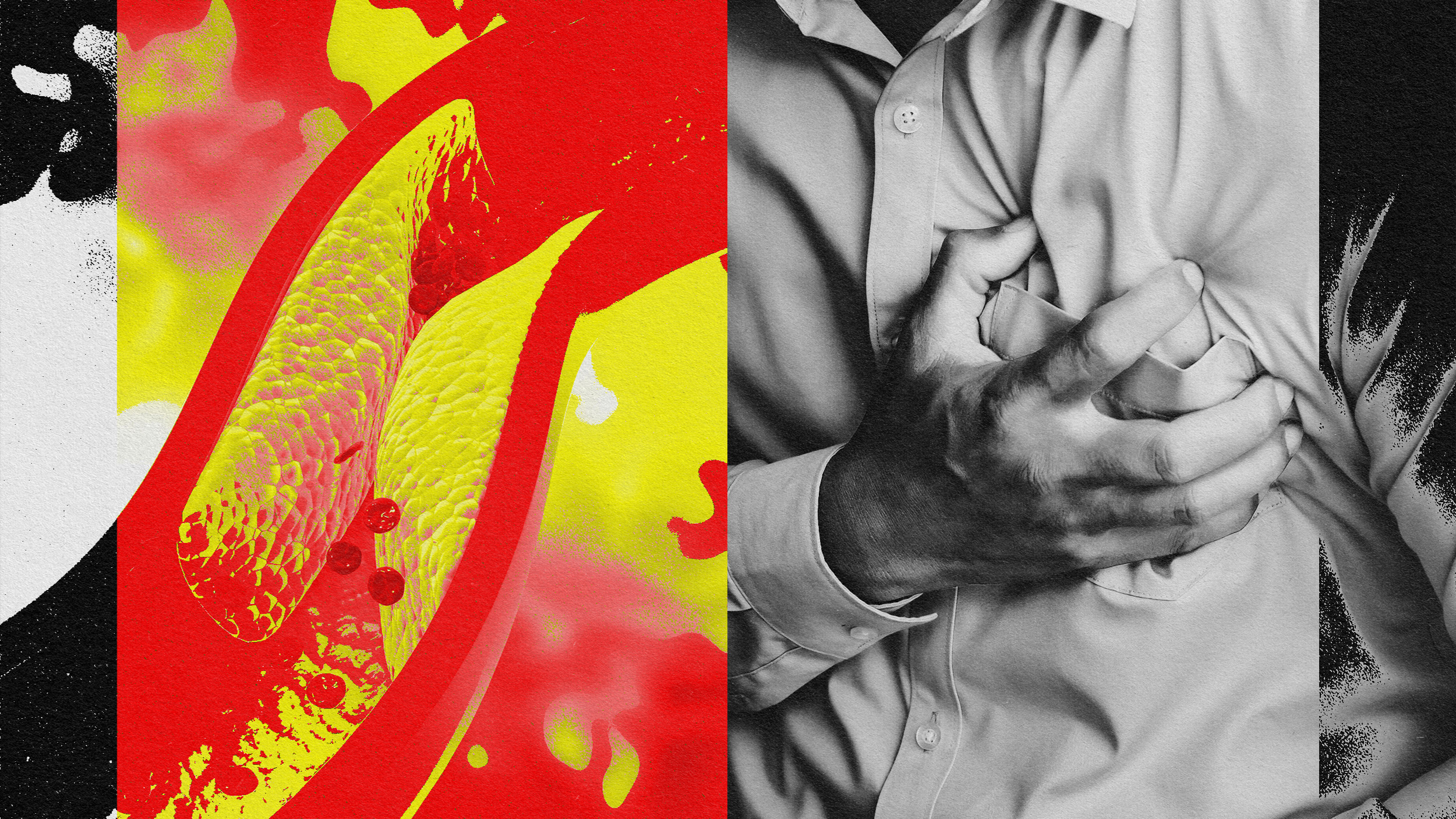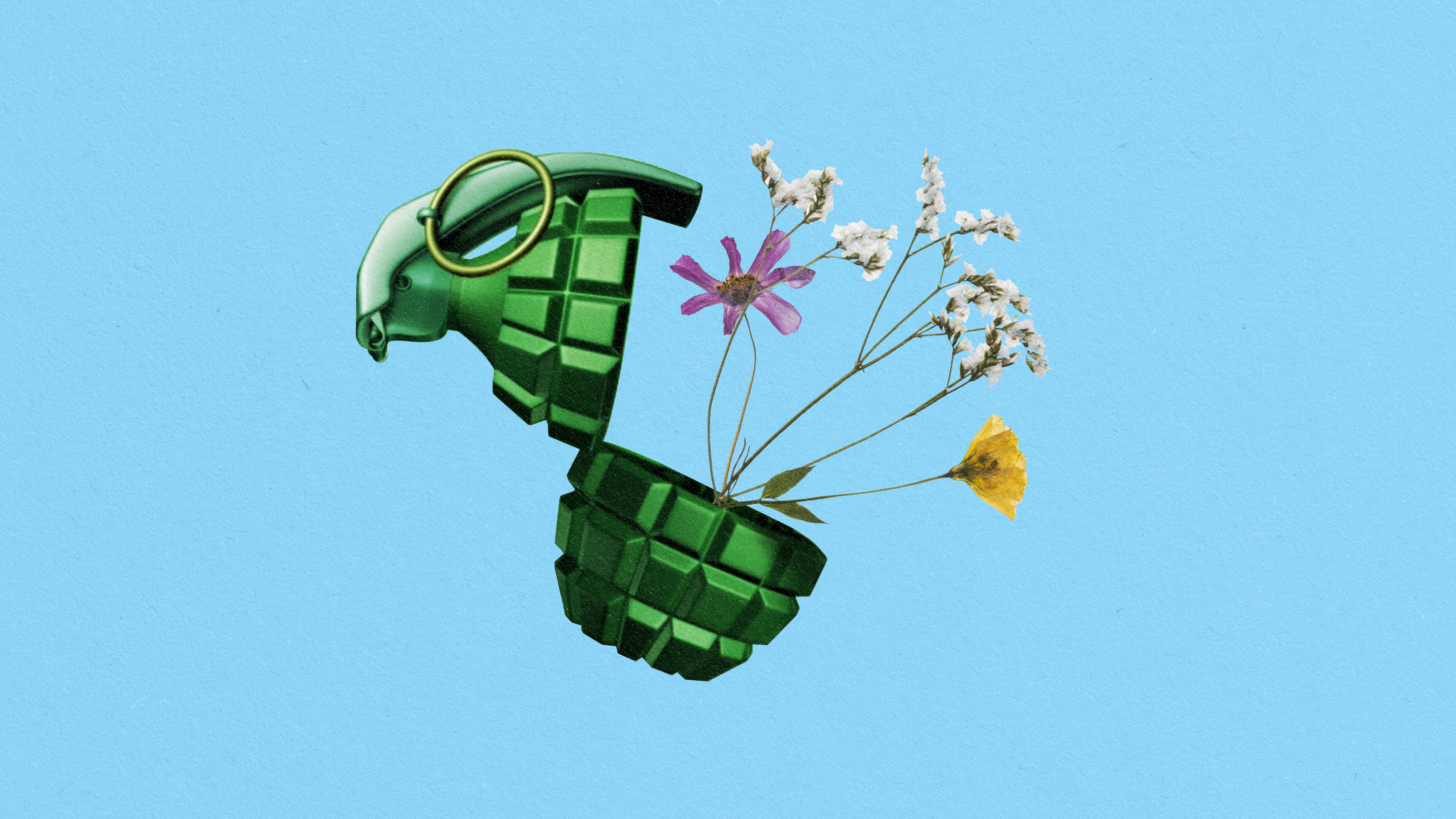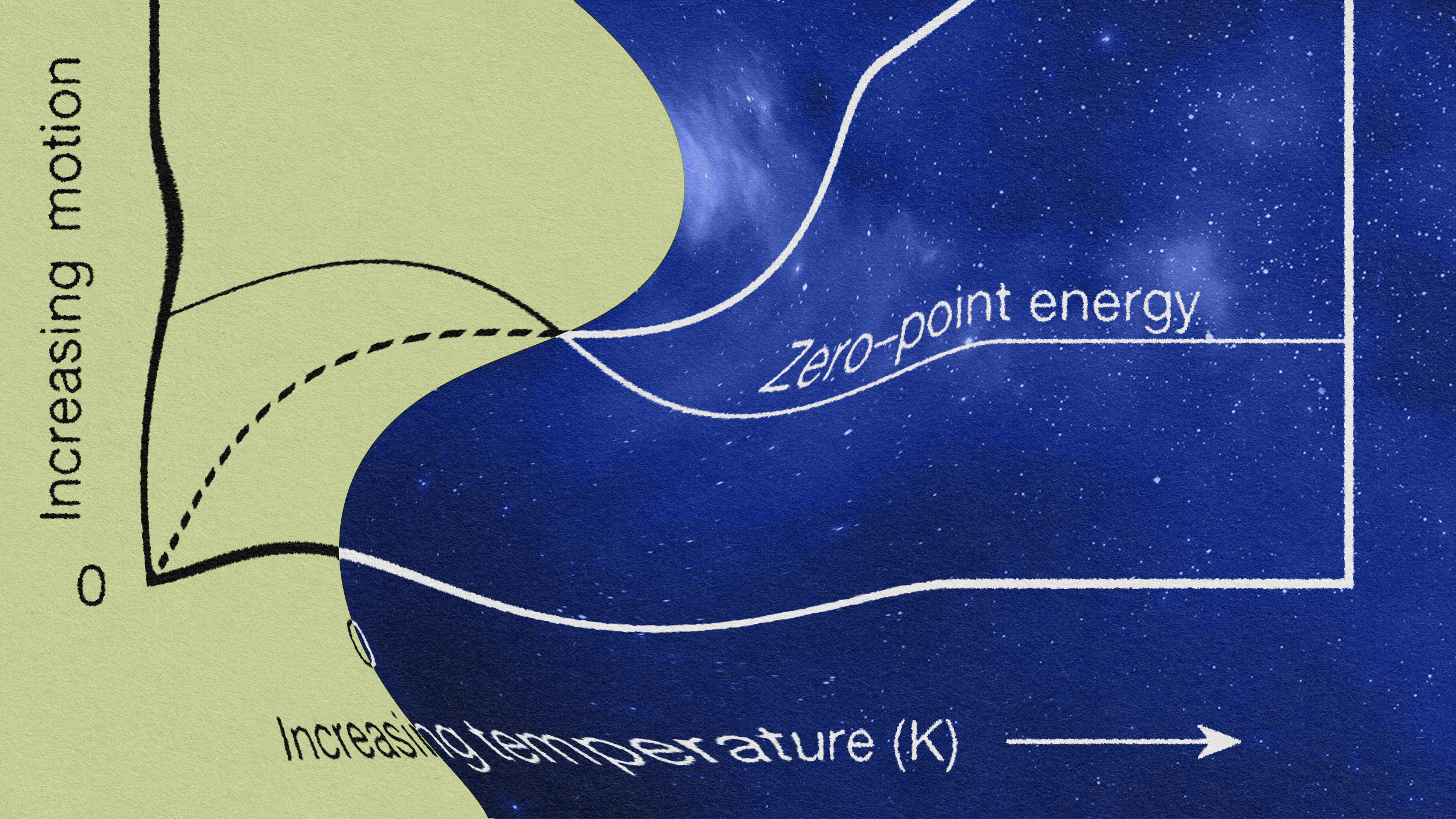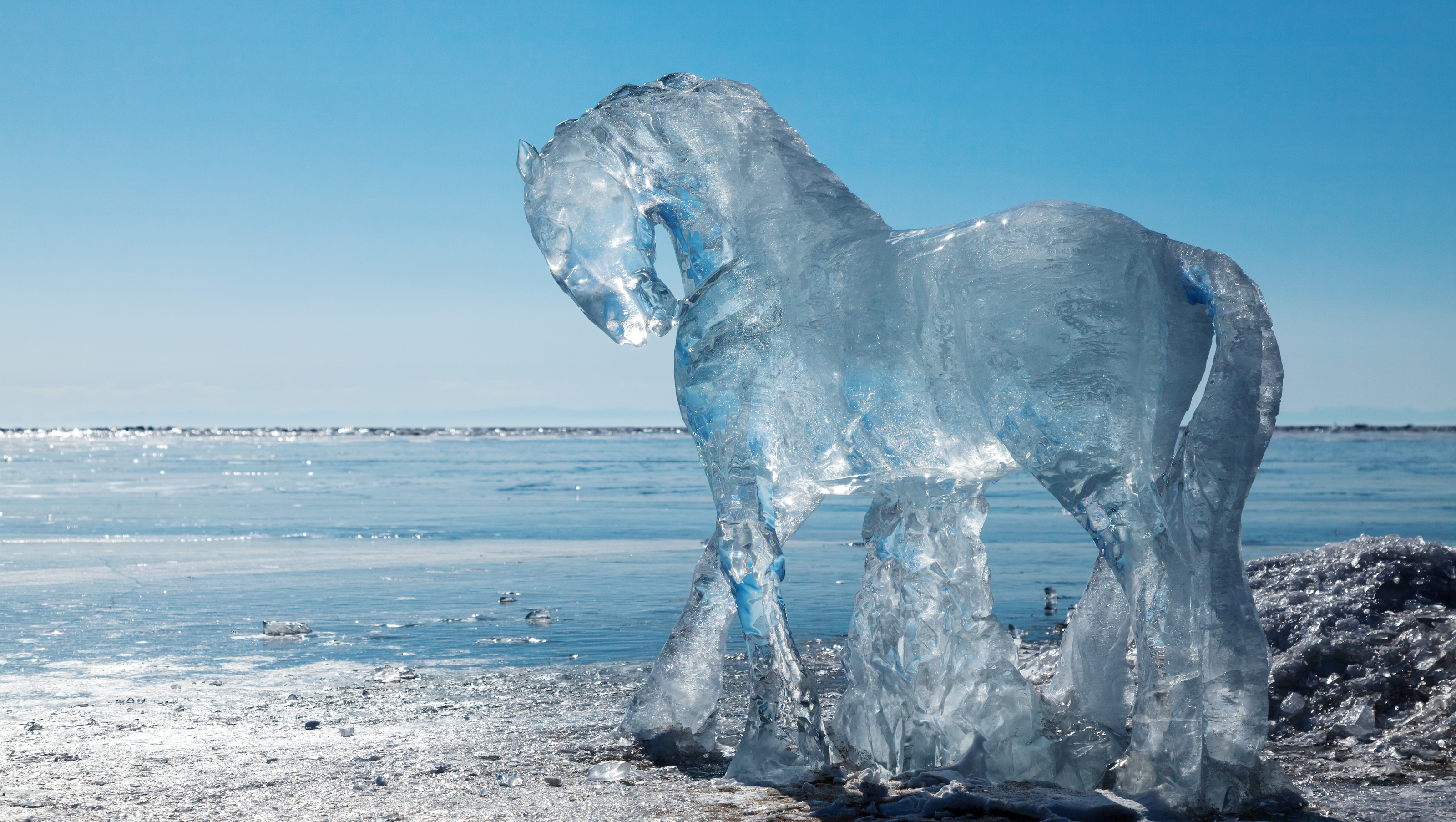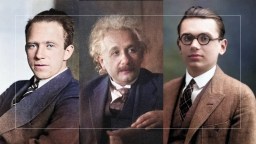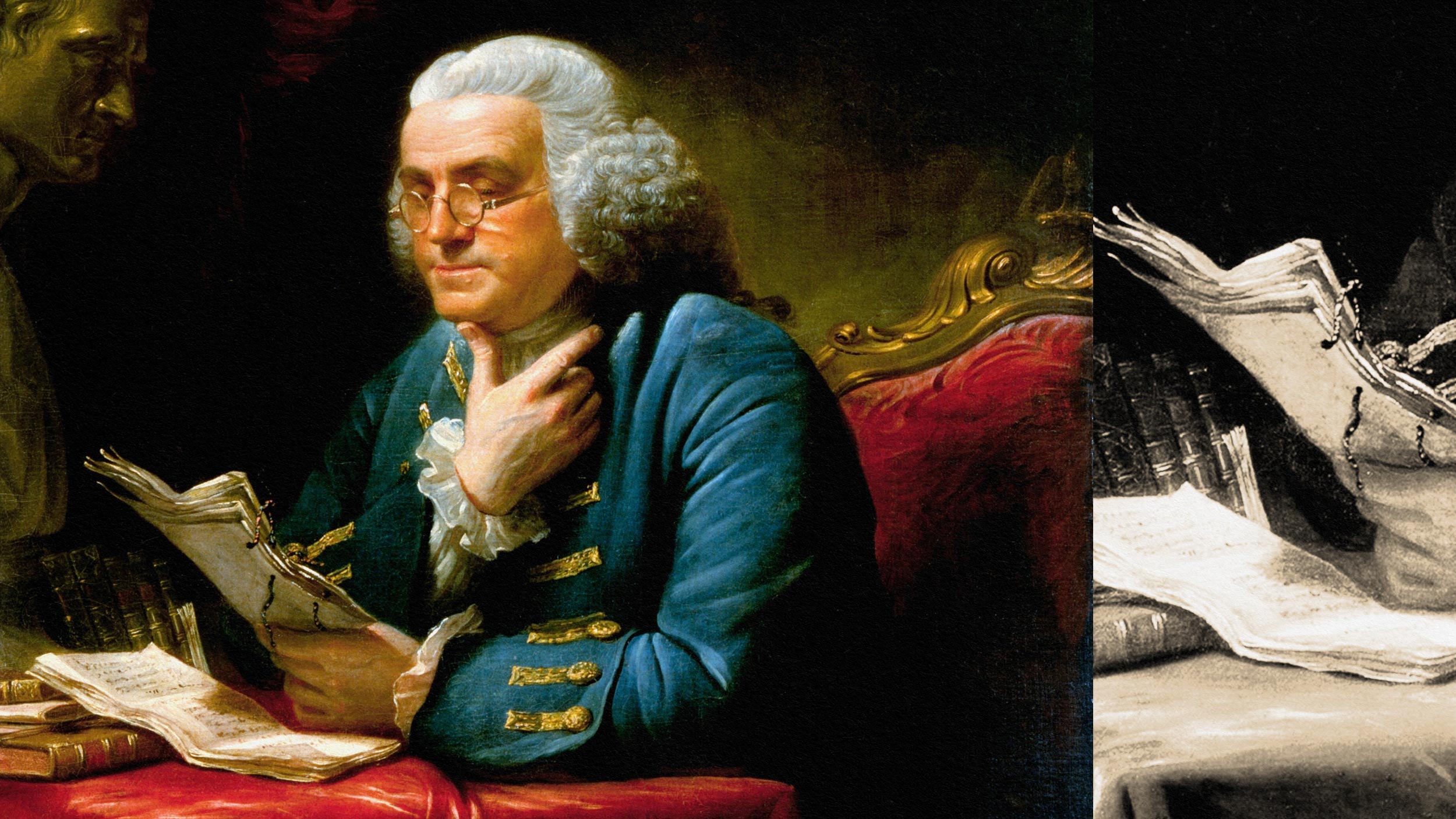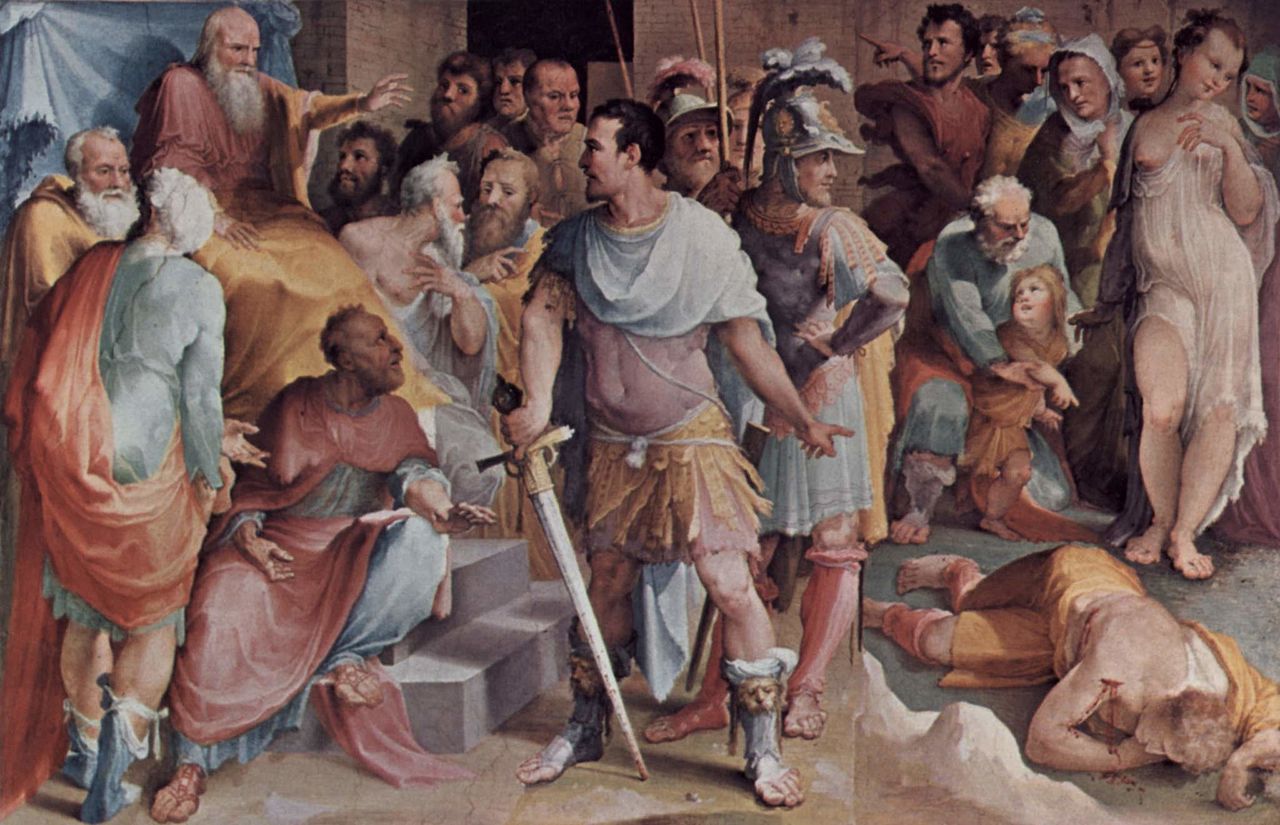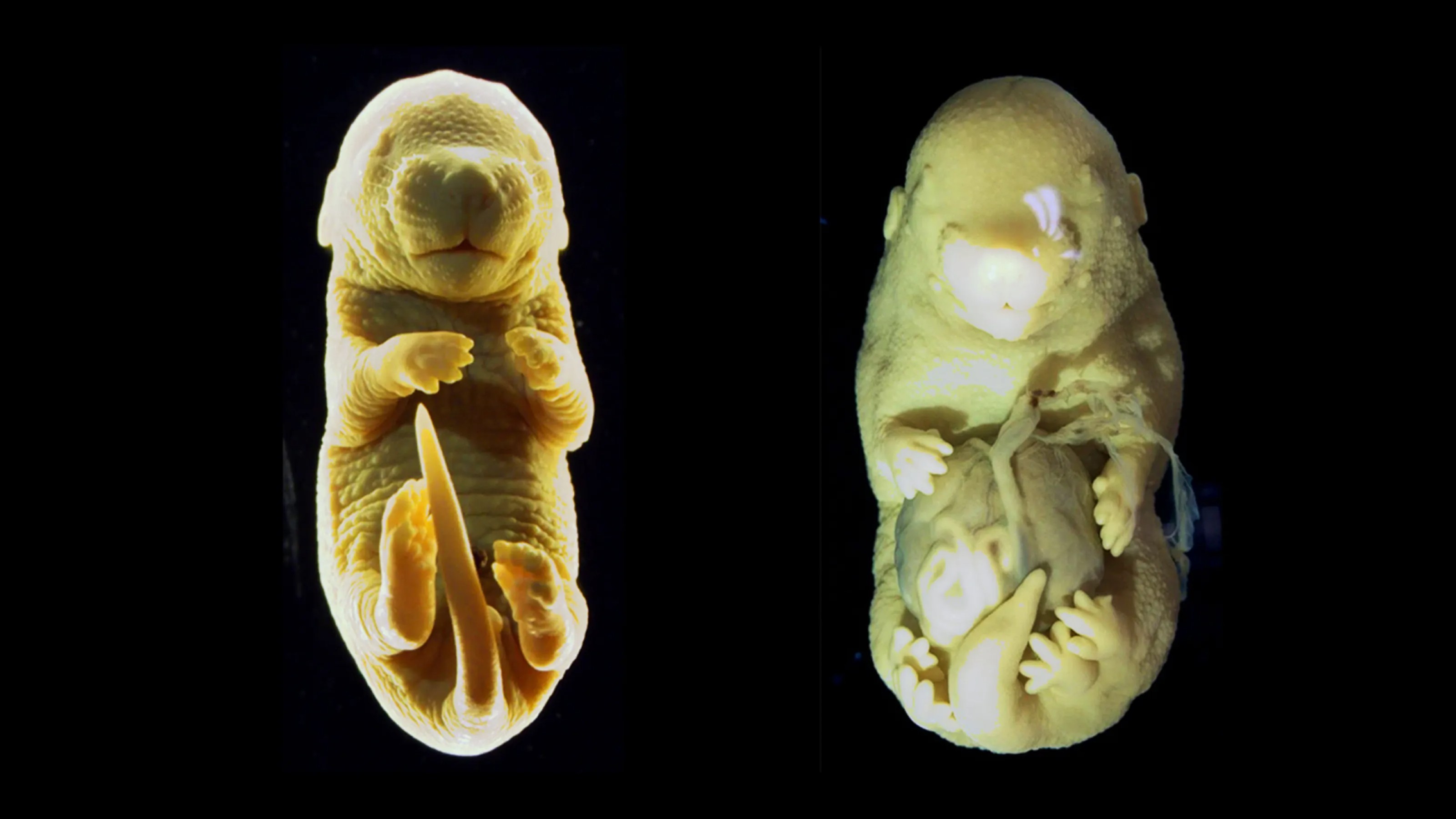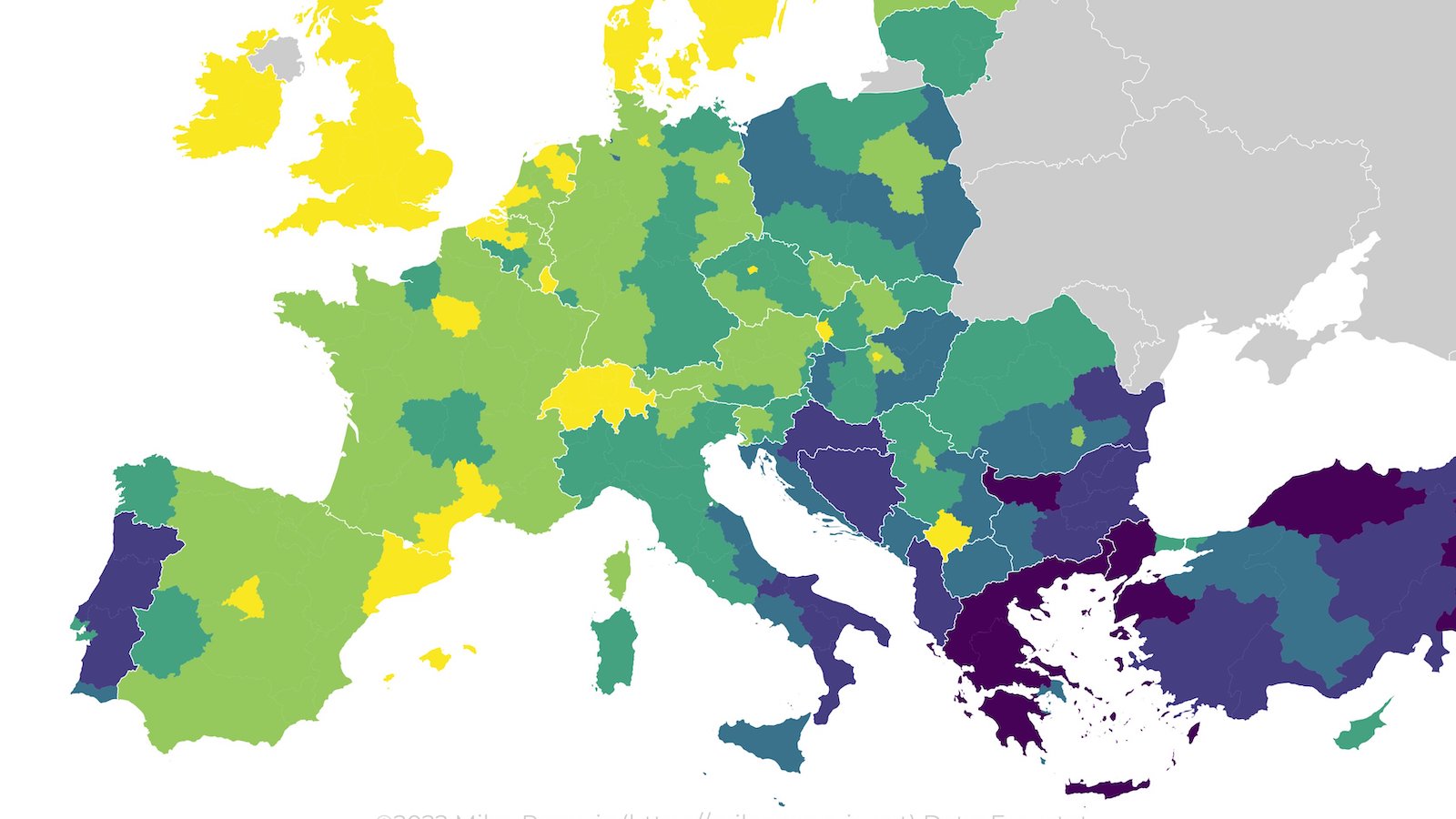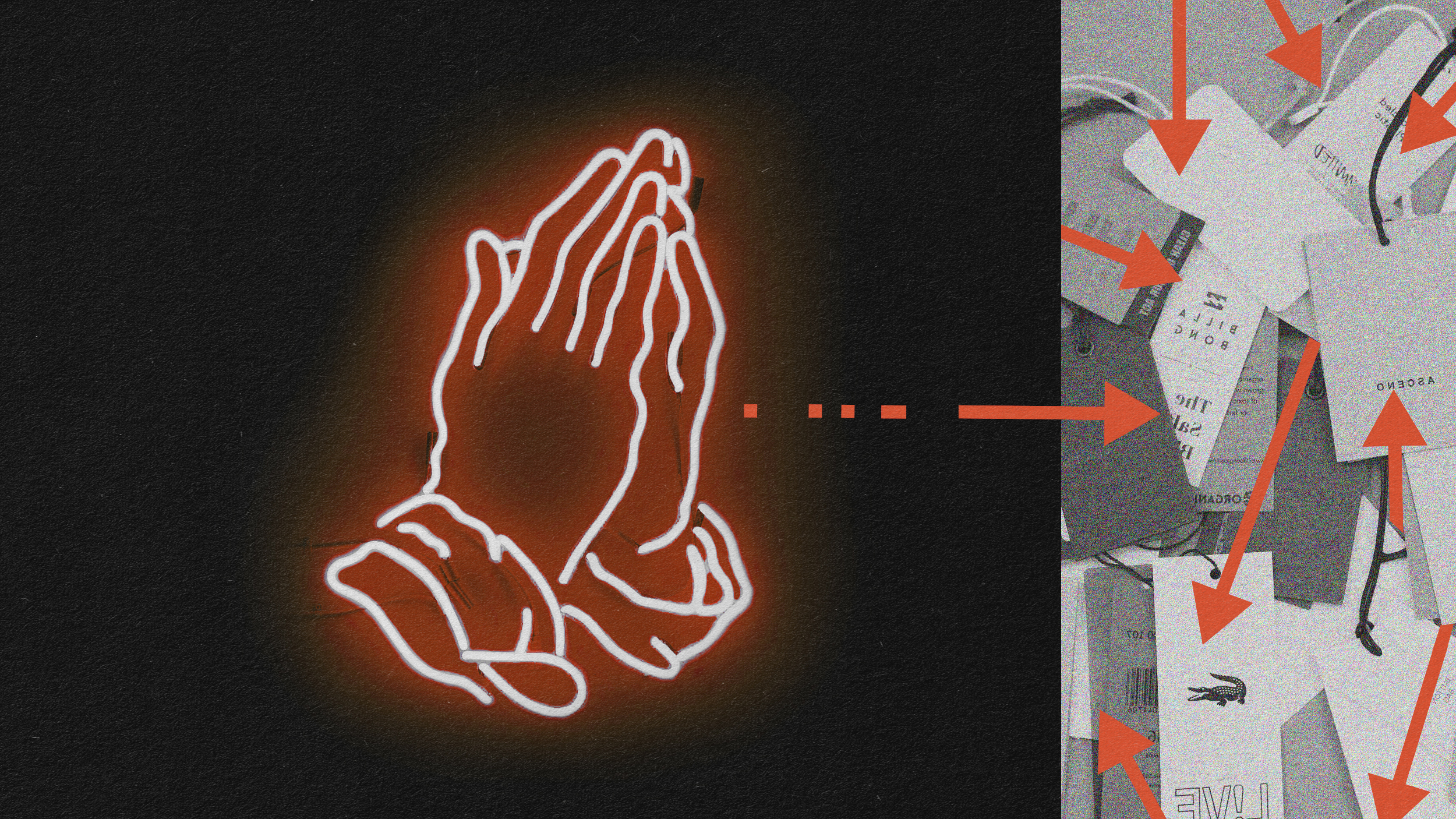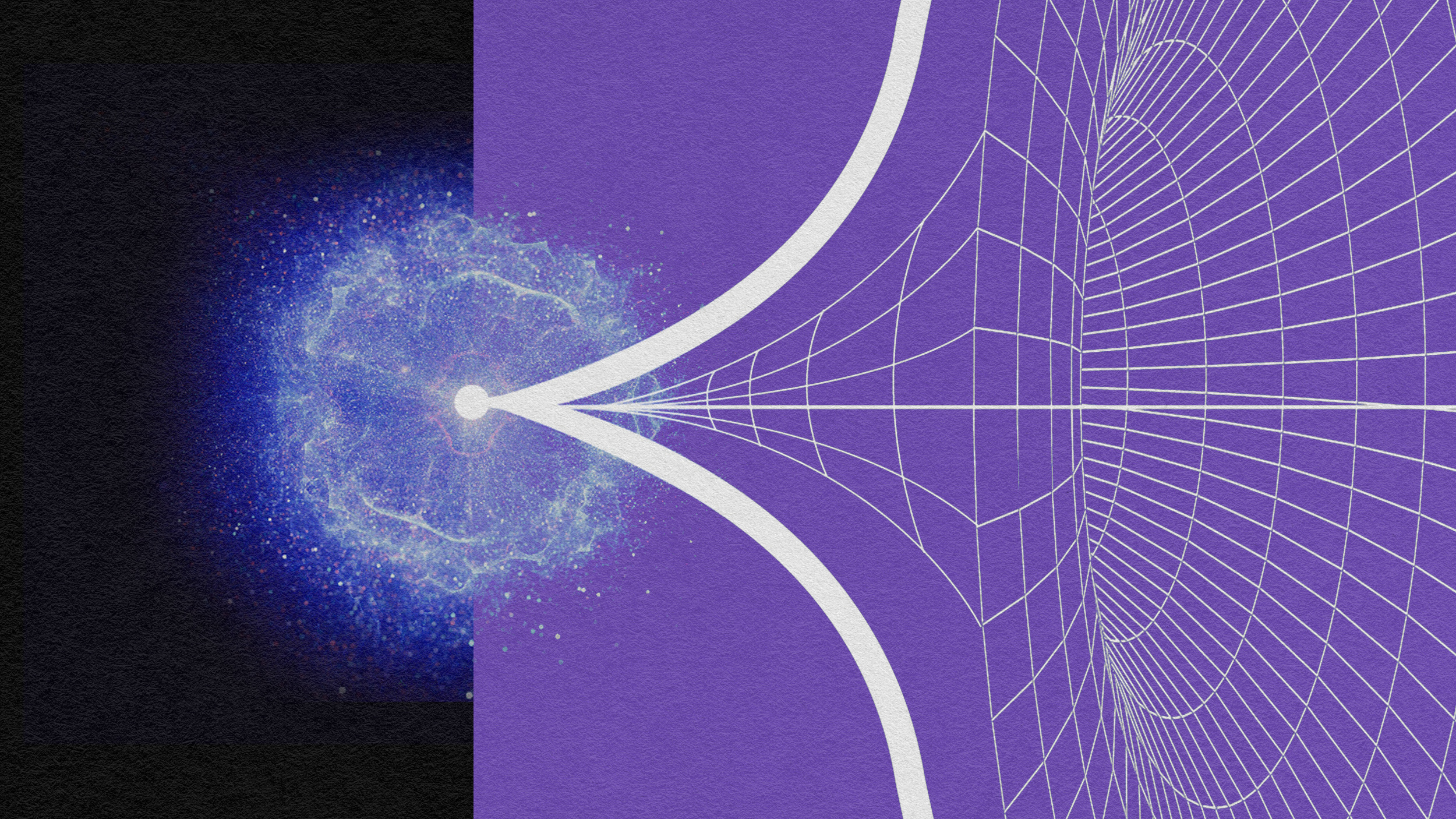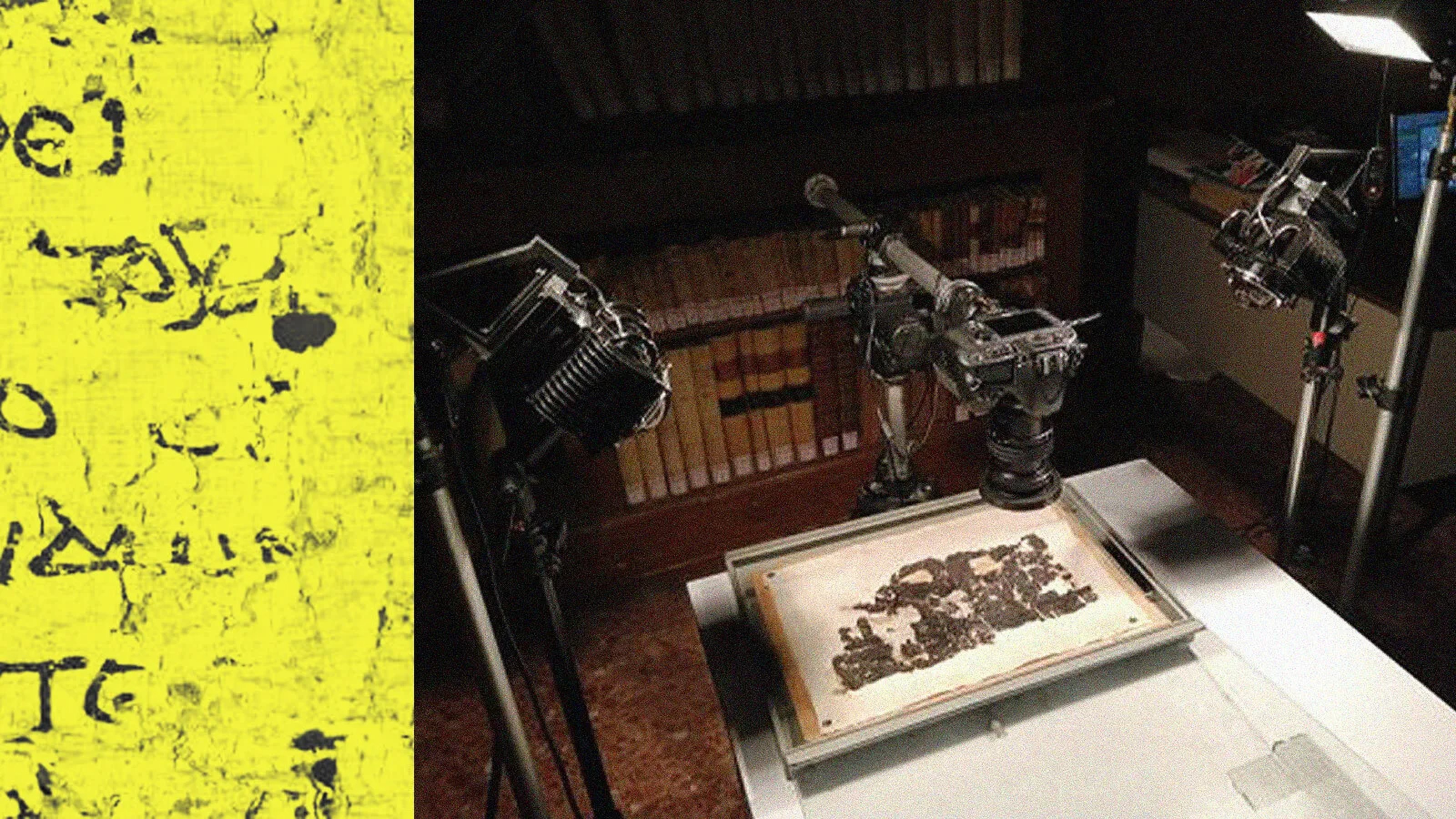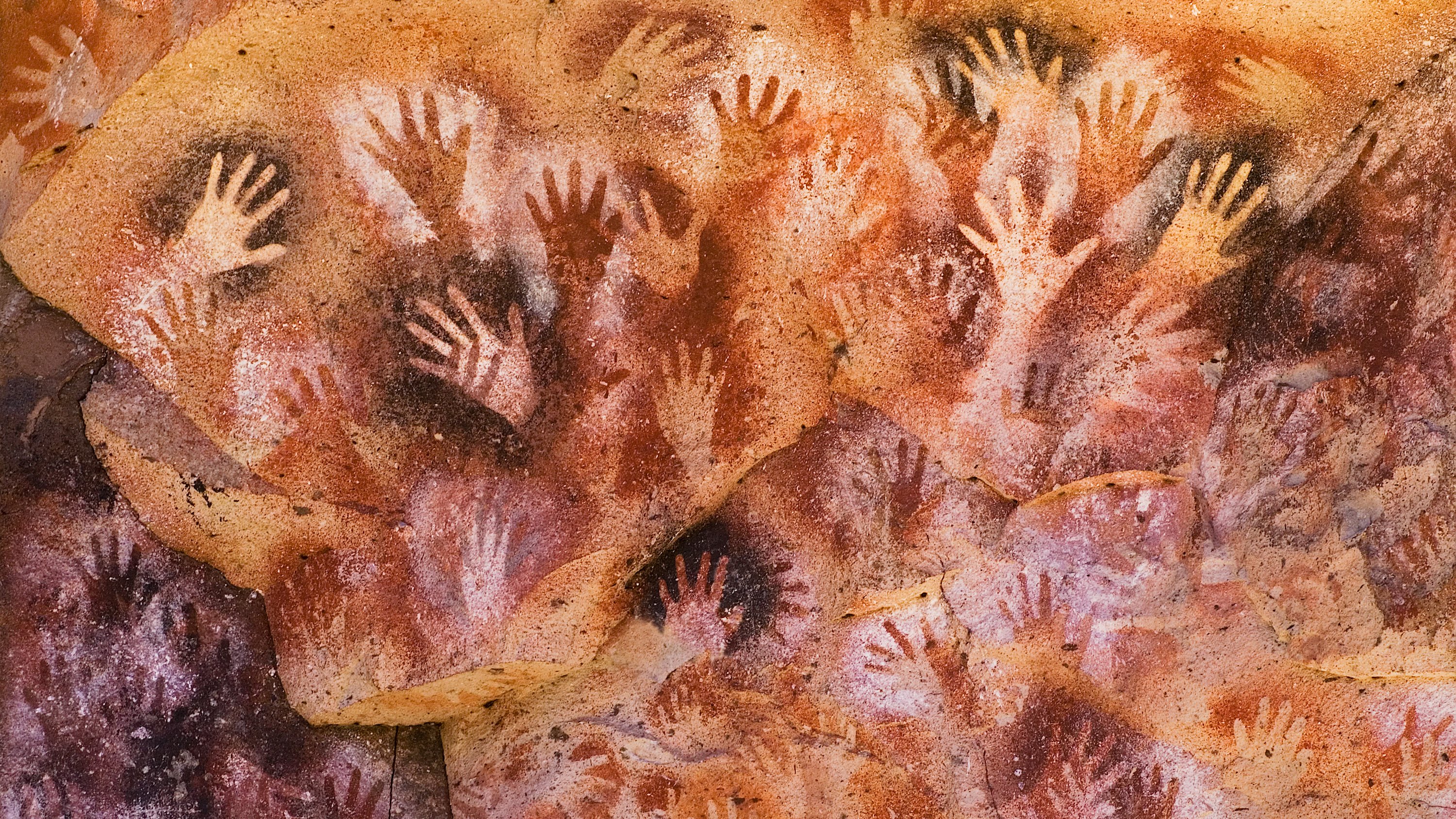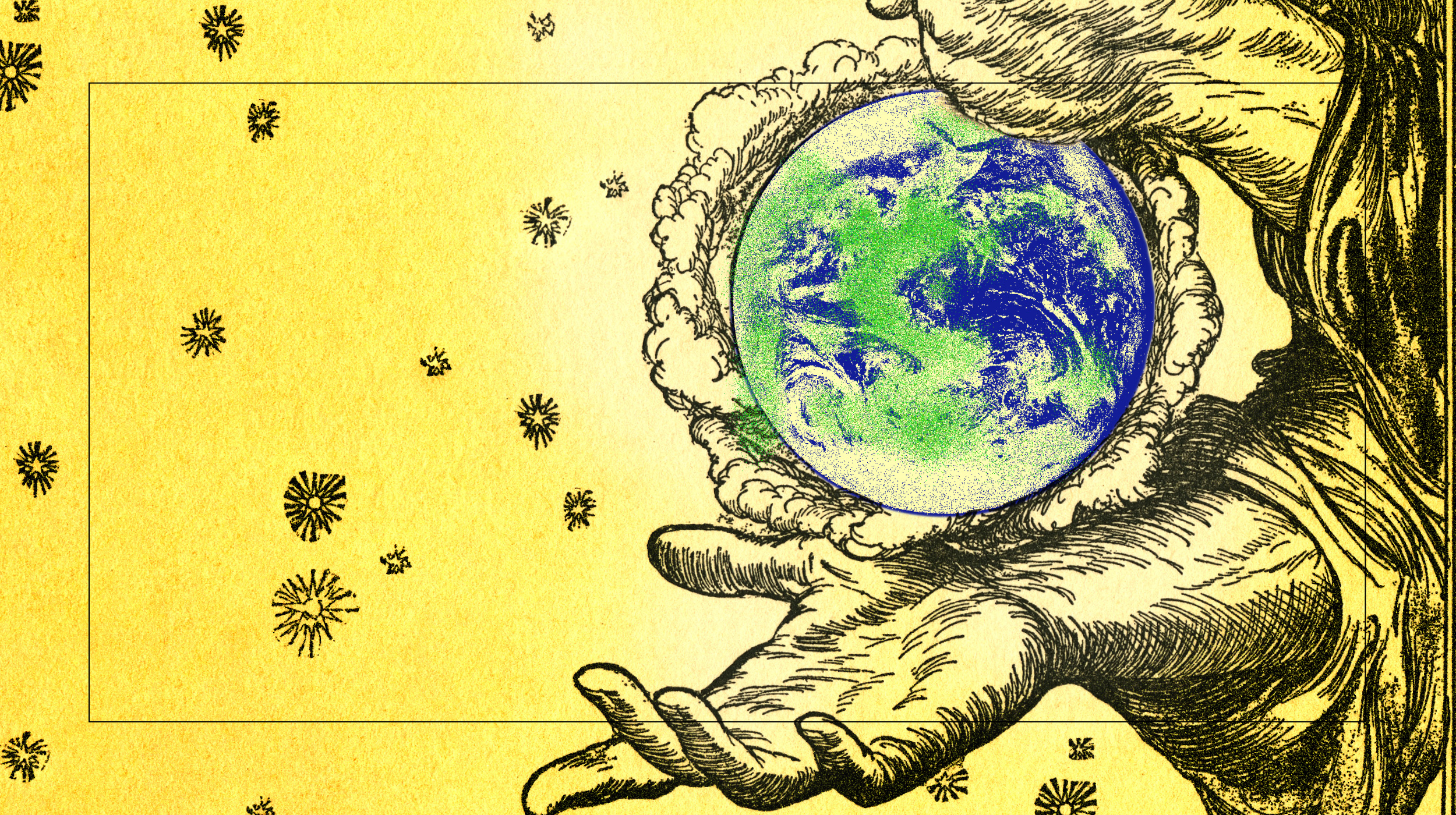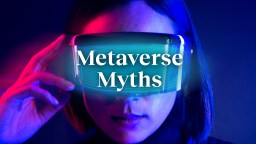Your mentors made time for you. Now, go and make time for others.
Search Results
You searched for: No One
If not treated, the disorder drastically increases one’s risk of death.
Almost 100 years ago, an asymmetric pathology led Dirac to postulate the positron. A similar pathology could lead us to supersymmetry.
The “Shopping Cart Litmus Test” is a popular meme about morality. What does it really reveal about one’s character?
Most counties in the U.S. have only one local newspaper, often one that publishes weekly instead of daily.
A 1.5-million-year-old hominin bone shows signs that the victim was eaten by lions — and humans.
The first human trial of base editing delivered strong results along with some safety concerns.
No, Gandhi did not single-handedly bring about Indian independence. Pacifism alone usually gets you killed.
The term “zero-point energy” has at least two meanings, one that is innocuous and one that is a great deal sexier (and scammier).
Here’s the thorny reality behind psychedelics’ ability to unearth buried memories.
Seneca thought the use of ice was a “true fever of the most malignant kind.”
When one path is blocked, a new one must be paved. How Einstein, Heisenberg and Gödel used constraints to make life-changing discoveries:
▸
5 min
—
with
Six authors, six monumental legacies, and a unique thread connecting them: a solitary novel that shines brightly.
We each have the same 24 hours in the day. How will you spend yours?
Long before the birth of Julius Caesar, the Roman Republic appointed all-powerful dictators to protect their state in times of crisis. They were remarkably self-restrained and obedient to the Roman Constitution.
There’s never been more ways to connect with the people in our lives — so why are we lonelier than ever?
▸
3 min
—
with
Here in our Solar System, we only have one star: a singlet. For many systems, including the highest-mass ones, that’s anything but the norm.
A study of spinal development took a strange turn and made a surprise discovery.
Some Europeans really don’t want to use the internet.
God is not a vending machine, but is it wrong to treat him like one?
There’s really only one mistake you can make: continue doing the same thing you already know is hurting you and expect a different result.
If you bring too much mass or energy together in one location, you’ll inevitably create a black hole. So why didn’t the Big Bang become one?
One dose of ibogaine was shown to dramatically reduce depression and PTSD.
If you’re a massless particle, you must always move at light speed. If you have mass, you must go slower. So why aren’t any neutrinos slow?
The burial spot was found in one of the Herculaneum scrolls charred by Mt. Vesuvius.
One hypothesis: “gossip traps.”
The crisis of the Anthropocene challenges our traditional narratives and myths about humanity’s place in the world. Citizen science can help.
Two-thirds of our days are spent alone. The Metaverse will bring us together, argues leading Metaverse thinker Matthew Ball.
▸
5 min
—
with
80% of people say they work with at least one terrible coworker.
▸
6 min
—
with


